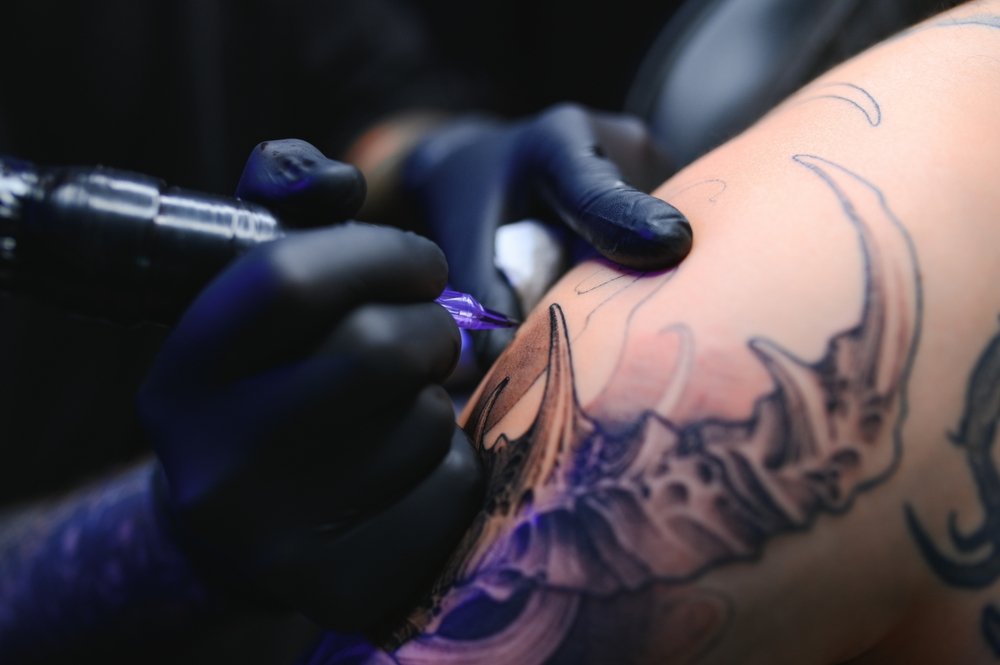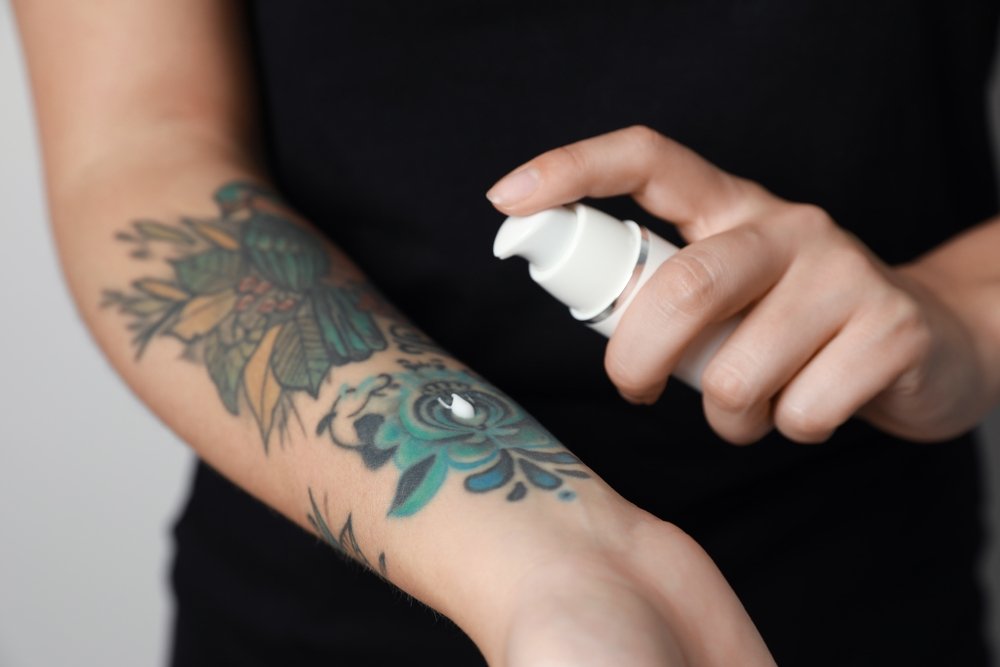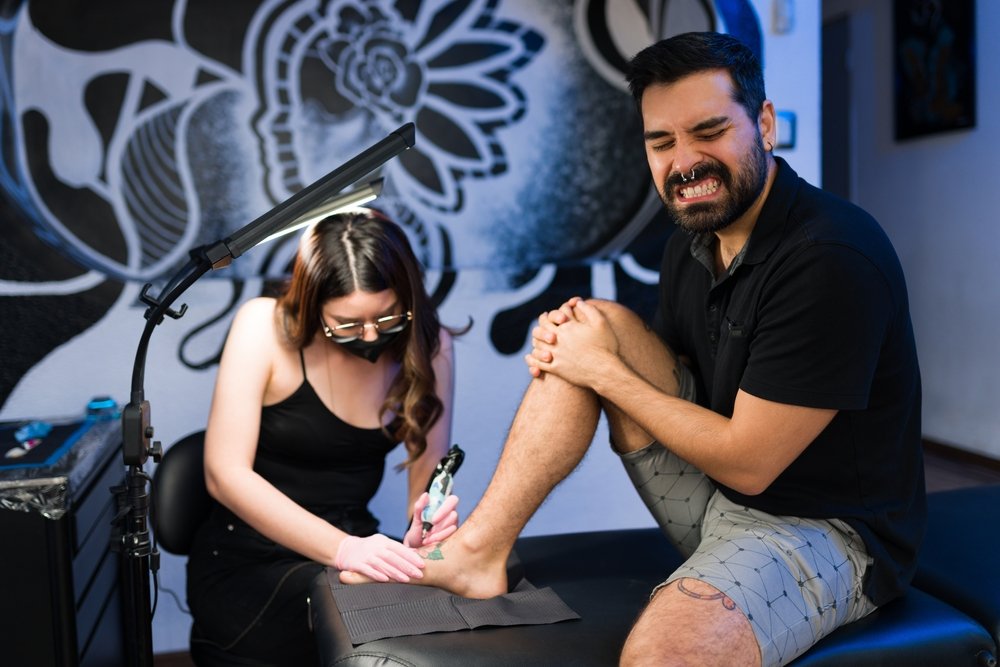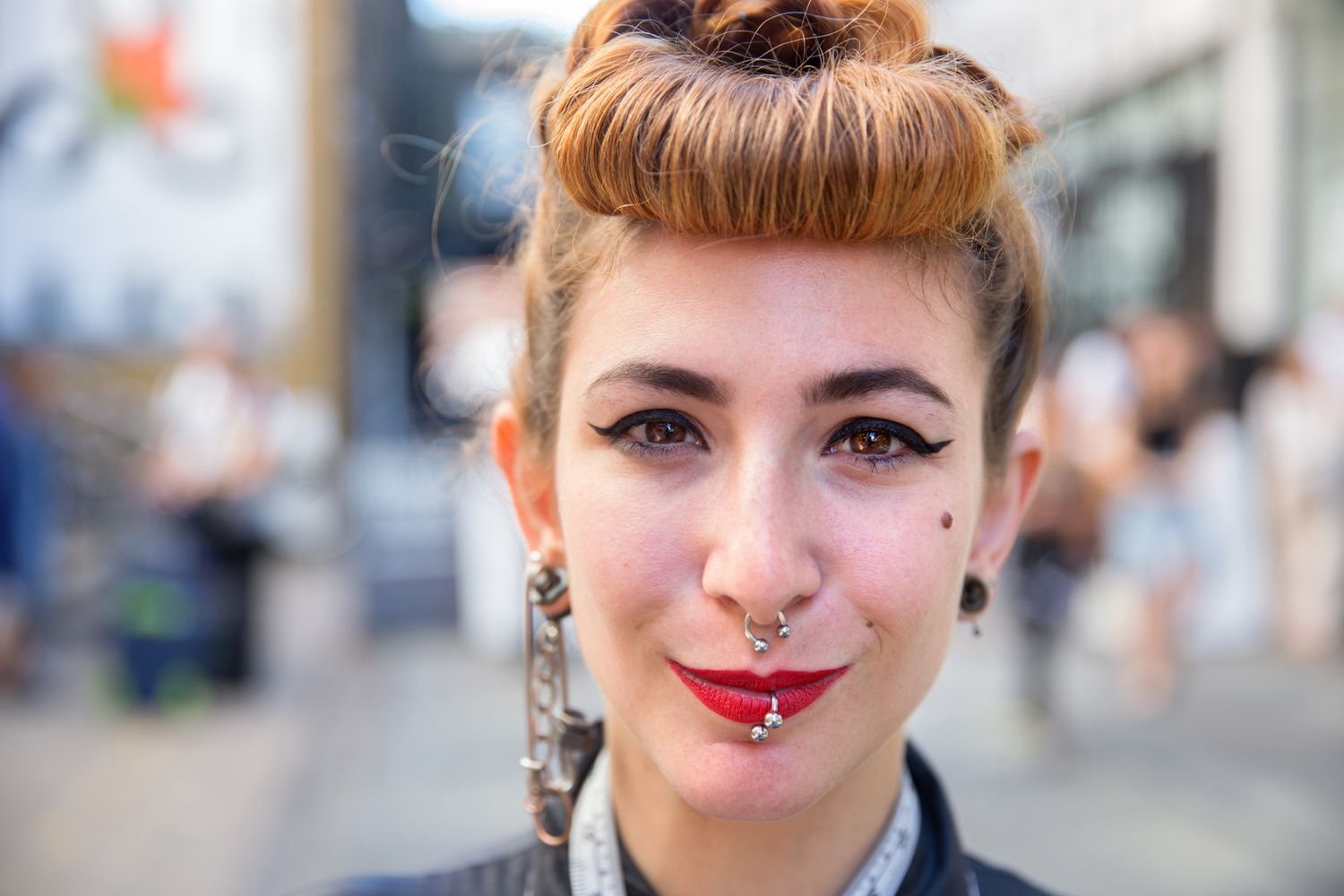If you’re planning to get a tattoo in New York City, it’s important to be aware of the local laws and regulations that govern the tattoo industry. Understanding these regulations not only ensures that you’re making a safe and informed choice but also helps you select a licensed and reputable tattoo artist who complies with all legal requirements. This guide covers the key tattoo legal regulations in NYC that every client and artist should know.
1. Tattoo Licensing Requirements in NYC
In New York City, all tattoo artists must be licensed by the New York City Department of Health and Mental Hygiene (DOHMH). Obtaining this license requires completing a training course on infection control and bloodborne pathogens, ensuring that artists are equipped to maintain a safe environment for clients. The course also covers proper sterilization techniques, hygiene practices, and the legal responsibilities of a tattoo artist.
Tattoo shops themselves must also be licensed and regularly inspected by the DOHMH to ensure they meet health and safety standards. Unlicensed tattooing is illegal in NYC, and both the artist and the shop can face severe penalties if found in violation.
2. Age Restrictions for Tattoos in NYC
New York State law prohibits tattooing anyone under the age of 18, even with parental consent. This law is strictly enforced to protect minors from making permanent decisions that they may later regret. Tattoo shops in NYC are required to verify the age of all clients by checking a valid government-issued ID before proceeding with the tattoo. Tattooing a minor is a serious offense and can result in hefty fines and the revocation of the artist’s license.
3. Health and Safety Regulations
Health and safety are paramount in the tattoo industry, and NYC has strict regulations to protect both clients and artists. Key regulations include:
- Sterilization of Equipment: All tattoo needles and equipment must be properly sterilized before use. Single-use, disposable needles are required to prevent the spread of infections and diseases like Hepatitis and HIV.
- Use of Gloves: Tattoo artists must wear disposable gloves during the tattooing process and change them frequently to avoid cross-contamination.
- Sanitization of Workspaces: Tattoo shops must maintain a clean and sanitized environment. This includes disinfecting surfaces, floors, and any equipment that comes into contact with clients.
- Proper Disposal of Hazardous Materials: Used needles and other hazardous materials must be disposed of in designated sharps containers to prevent injury and contamination.
Failure to comply with these health and safety regulations can lead to penalties, including fines, shop closure, and loss of licensure.
4. Tattoo Inks and Materials
The safety and composition of tattoo inks are another important consideration in NYC’s tattoo regulations. Tattoo inks are subject to regulation to ensure they do not contain harmful substances. While the FDA does not explicitly approve tattoo inks, it does monitor their safety. Tattoo shops in NYC are expected to use inks from reputable manufacturers that comply with safety standards. Clients concerned about the ingredients in tattoo ink can ask the artist for information about the products used.
5. Legal Considerations for Tattoo Artists
Tattoo artists in NYC must adhere to several legal requirements beyond obtaining their license. These include:
- Client Consent Forms: Before starting a tattoo, artists must have clients sign a consent form. This form should include information about the potential risks of getting a tattoo and confirmation that the client is over 18.
- Record Keeping: Tattoo shops are required to keep records of each client’s information, including consent forms and the materials used during the tattoo. This helps in tracking any issues that might arise post-tattoo and ensures accountability.
- Advertising and Promotions: Tattoo shops must ensure that their advertising is truthful and not misleading. Any promotions or discounts must comply with consumer protection laws.
6. Enforcement and Penalties
The enforcement of tattoo regulations in NYC is taken seriously. The New York City Department of Consumer and Worker Protection (DCWP), along with the DOHMH, conducts regular inspections of tattoo shops to ensure compliance. Violations can result in fines, suspension, or revocation of licenses, and in severe cases, criminal charges.
For clients, choosing a licensed and compliant tattoo shop reduces the risk of infection, allergic reactions, or other complications. Always check for the shop’s and artist’s licenses, and don’t hesitate to ask about their compliance with health and safety standards.
Conclusion
Understanding tattoo legal regulations in NYC is crucial for both clients and tattoo artists. Compliance with these regulations ensures a safe and professional tattoo experience, protecting the health and well-being of everyone involved. By choosing a licensed artist and a reputable tattoo shop, you can be confident that your tattoo will be done safely and to the highest standards.
For more information on tattooing in New York City or to consult with our licensed tattoo artists.




